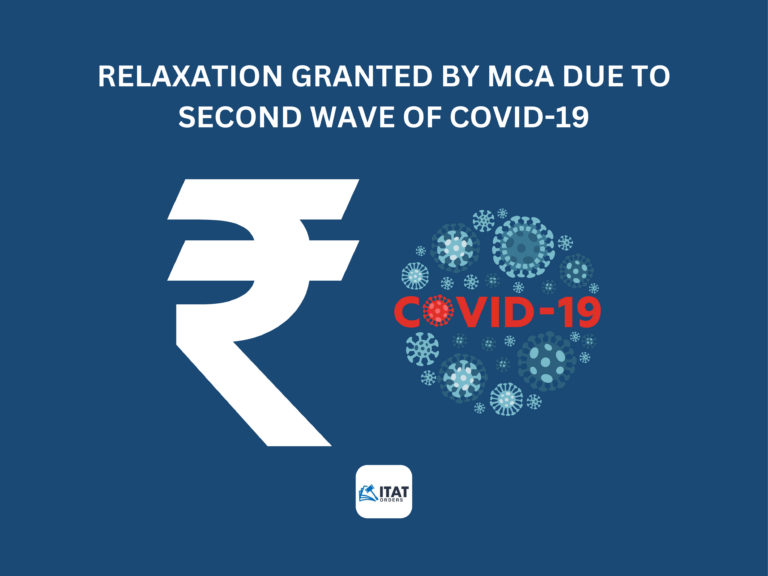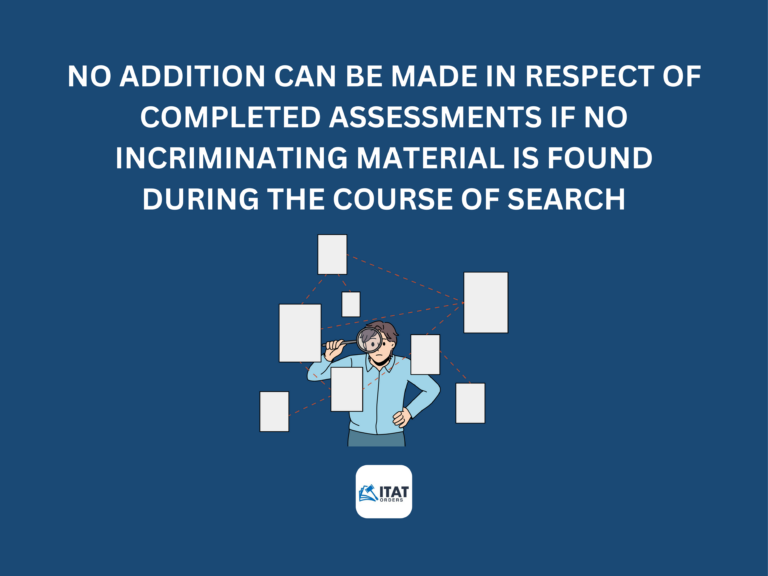Section 80G of the Income Tax Act, 1961 provides deduction in respect of donations to specified funds, charitable institutions, trusts etc. which are approved u/s 80G. So, trusts and charitable institutions willing to receive donations which can be deductible in the hands of the donor have to get registered u/s 80G of the Act.
Applicability of 80G on Charitable trusts and Societies.
Section 80G(5) applies to donations to fund or institutions established in India for Charitable purpose and it fulfils the following conditions:
- where the institution or fund derives any income, such income would not be liable to inclusion in its total income under the provisions of sections 11 and 12 or clause (23AA) or clause (23C) of section 10. Provided that where an institution or fund derives any income, being profits and gains of business, the condition that such income would not be liable to inclusion in its total income under the provisions of section 11 shall not apply in relation to such income, if—
- the institution or fund maintains separate books of account in respect of such business;
- the donations made to the institution or fund are not used by it, directly or indirectly, for the purposes of such business; and
- the institution or fund issues to a person making the donation a certificate to the effect that it maintains separate books of account in respect of such business and that the donations received by it will not be used, directly or indirectly, for the purposes of such business.
- the instrument under which the institution or fund is constituted does not, or the rules governing the institution or fund do not, contain any provision for the transfer or application at any time of the whole or any part of the income or assets of the institution or fund for any purpose other than a charitable purpose;
- the institution or fund is not expressed to be for the benefit of any particular religious community or caste;
- the institution or fund maintains regular accounts of its receipts and expenditure;
- the institution or fund is either constituted as a public charitable trust or is registered under the Societies Registration Act, 1860 (21 of 1860), or under any law corresponding to that Act in force in any part of India or under section 8 of the Companies Act, 2013 , or is a University established by law, or is any other educational institution recognized by the Government or by a University established by law, or affiliated to any University established by law, or is an institution financed wholly or in part by the Government or a local authority;
- in relation to donations made after the 31st day of March, 1992, the institution or fund is for the time being approved by the Commissioner in accordance with the rules made in this behalf;
- where any institution or fund had been approved under clause (vi) for the previous year beginning on the 1st day of April, 2007 and ending on the 31st day of March, 2008, such institution or fund shall, for the purposes of this section and notwithstanding anything contained in the proviso to clause (15) of section 2, be deemed to have been,—
- established for charitable purposes for the previous year beginning on the 1st day of April, 2008 and ending on the 31st day of March, 2009; and
- approved under the said clause (vi) for the previous year beginning on the 1st day of April, 2008 and ending on the 31st day of March, 2009;
- The institution or fund prepares such statement for such period as may be prescribed and deliver or cause to be delivered to the prescribed income-tax authority or the person authorized by such authority such statement in such form and verified in such manner and setting forth such particulars and within such time as may be prescribed: Provided that the institution or fund may also deliver to the said prescribed authority, (a) correction statement for rectification of any mistake or to add, delete or update the information furnished in the statement delivered under this sub-section in such form and verified in such manner as may be prescribed; and
- the institution or fund furnishes to the donor, a certificate specifying the amount of donation in such manner, containing such particulars and within such time from the date of receipt of donation, as may be prescribed.(* applicable from 1.04.2021)
Application for Grant of approval u/s 80G
The institution or trust shall make an application in the prescribed form and manner to the PCIT or CIT, for grant of approval:
- where the institution or trust is approved under clause (vi) (as it stood immediately before its amendment by the Taxation and Other Laws (Relaxation and Amendment of Certain Provisions) Act, 2020), within three months from the 1st day of April, 2021;
- where the institution or trust is approved and the period of such approval is due to expire, at least six months prior to expiry of the said period;
- where the institution or trust has been provisionally approved, at least six months prior to expiry of the period of the provisional approval or within six months of commencement of its activities, whichever is earlier;
- in any other case, at least one month prior to commencement of the previous year relevant to the assessment year from which the said approval is sought.
How to apply for Grant of approval u/s 80G?
- An application for approval under section 80G(5) , the institution or fund (hereinafter referred to as ‘the applicant’) shall be made in the following Form, namely:-
- Form No. 10A in case of application under clause (i) or clause (iv) of first proviso to subsection (5) of section 80G to the PCIT or CIT authorized by the Board; or
- Form No. 10AB in case of application under clause (ii) or clause (ii) of first proviso to subsection (5) of section 80G to the PCIT or CIT authorized under the said proviso.
- The application shall be accompanied by the following documents, as required by Form Nos. 10A or 10AB, as the case may be, namely:—
- where the applicant is created, or established, under an instrument, self-certified copy of the instrument.
- where the applicant is created, or established, otherwise than under an instrument, self-certified copy of the document evidencing the creation or establishment of the applicant.
- self-certified copy of registration with Registrar of Companies or Registrar of Firms and Societies or Registrar of Public Trusts, as the case may be.
- self-certified copy of registration under Foreign Contribution (Regulation) Act, 2010, if the applicant is registered under such Act.
- self-certified copy of existing order granting registration under section 80G(5);
- self-certified copy of order of rejection of application for grant of approval under section 80G(5), if any.
- where the applicant has been in existence during any year or years prior to the financial year in which the application for registration is made, self-certified copies of the annual accounts of the applicant relating to such prior year or years (not being more than three years immediately preceding the year in which the said application is made) for which such accounts have been made up.
- Note on the activities of the applicant.
- Form Nos. 10A or 10AB, as the case may be, shall be furnished electronically,
- under digital signature, if the return of income is required to be furnished under digital signature;
- through electronic verification code in a case not covered under above point.
- Form Nos. 10A or 10AB, as the case may be, shall be verified by the person who is authorized to verify the return of income under section 140, as applicable to the applicant.
Recent Important Update:
The CBDT (Central Board of Direct Tax) has issued Notification No. 19/2021 dated 26th March, 2021 prescribing the procedure for Registration including re-approval / revalidation of existing Tax Exemption Registrations of Trust or Institutions. All the existing Trusts or Institution registered u/s. 10(23C) / 12A / 80G have to Re-Register with the Income Tax Department. The new Rules and Forms will be applicable from 1stApril, 2021 and all charitable Trusts and Institutions already registered u/s. 12A or 12AA or 10(23C) and having 80G certificate must apply for re-approval/revalidation of their registration before 30thJune, 2021.
How RSA Consultants can help?
We are team of experienced Chartered Accountants, Company Secretaries and Business Consultants and having experience of working with many Trusts and NGO’s and understands the needs of such organization. We will fill out the 80G application and submit it on your behalf as well as Income Tax Department and will give you absolute clarity on the process to set realistic expectations. You may explore more at

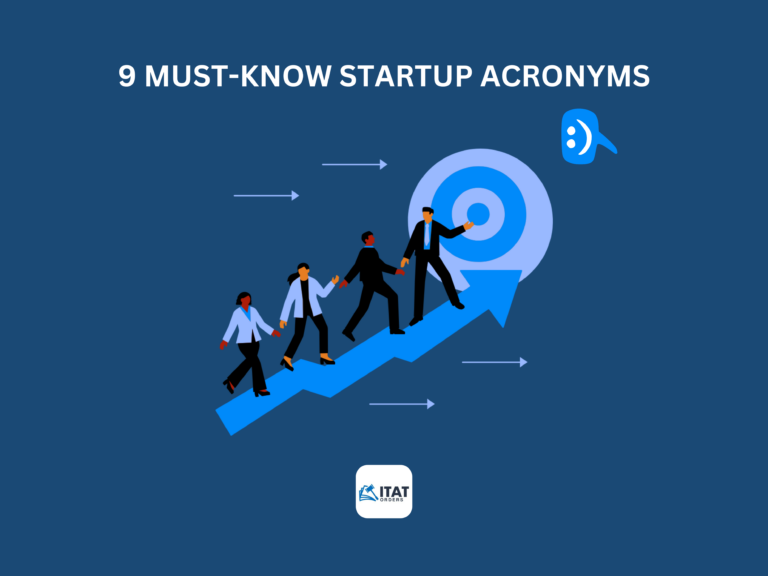

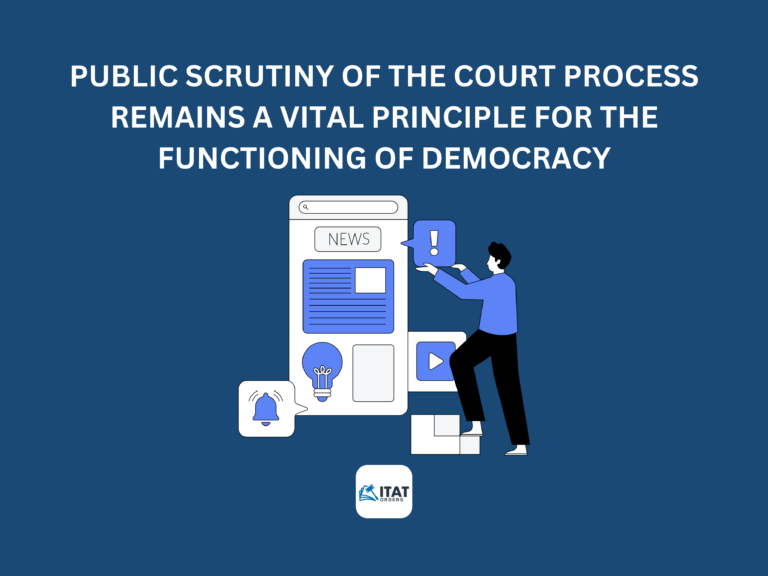
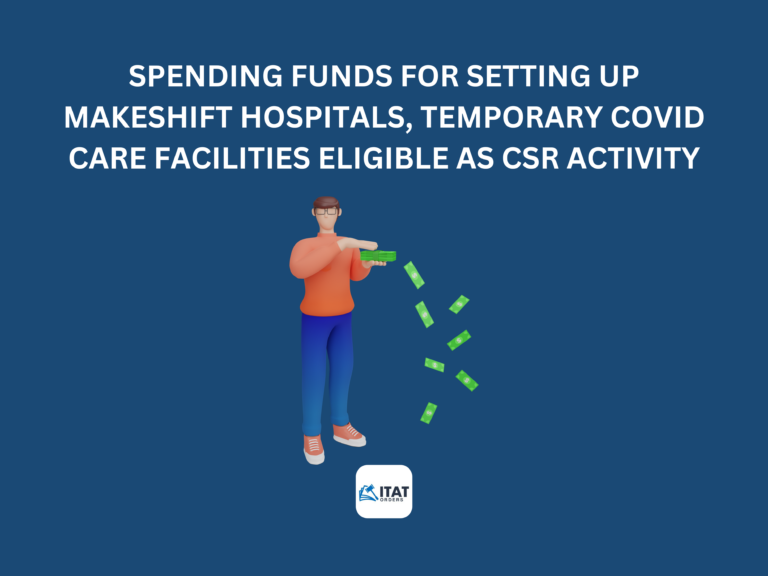
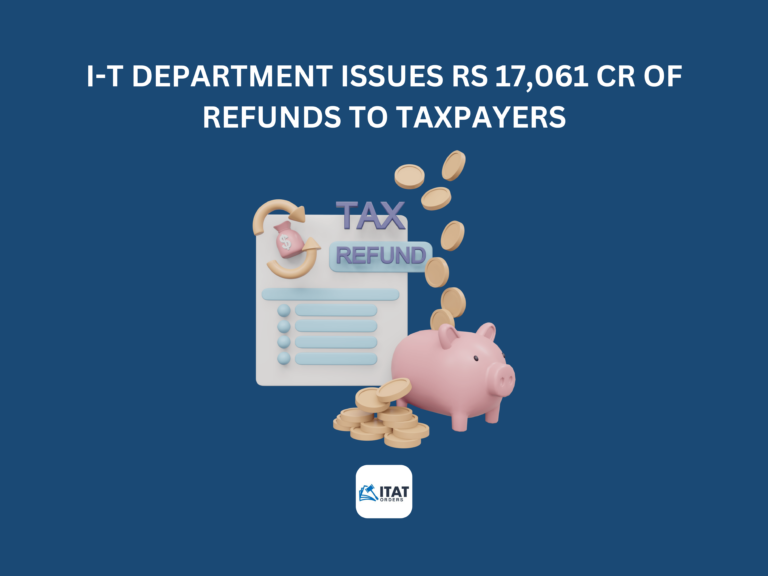
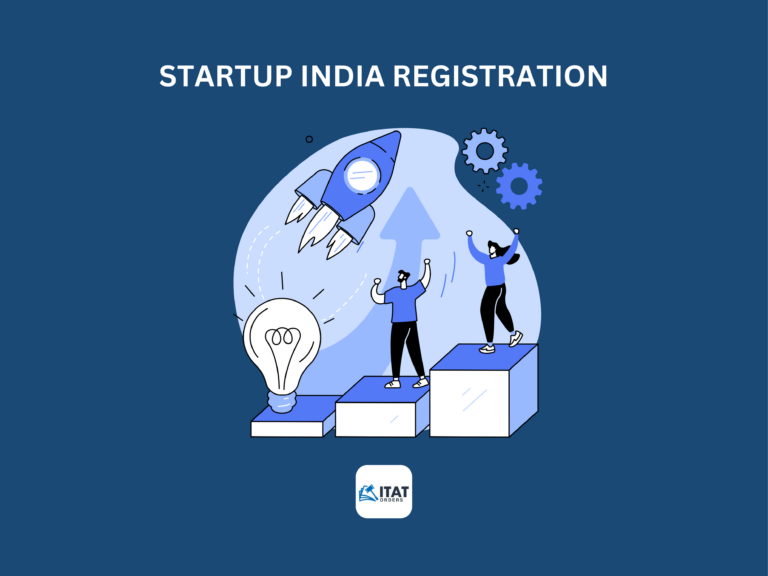
![CBDT extends various due dates to provide relief to taxpayers in view of COVID – 19: [Circular No. 9 of 2021 in F. No. 225/49/2021-ITA-II] CBDT extends various due dates to provide relief to taxpayers in view of COVID – 19: [Circular No. 9 of 2021 in F. No. 225/49/2021-ITA-II]](https://itatorders.in/blog/wp-content/uploads/2021/05/20240202_112921_0000-768x576.png)
